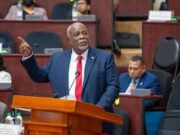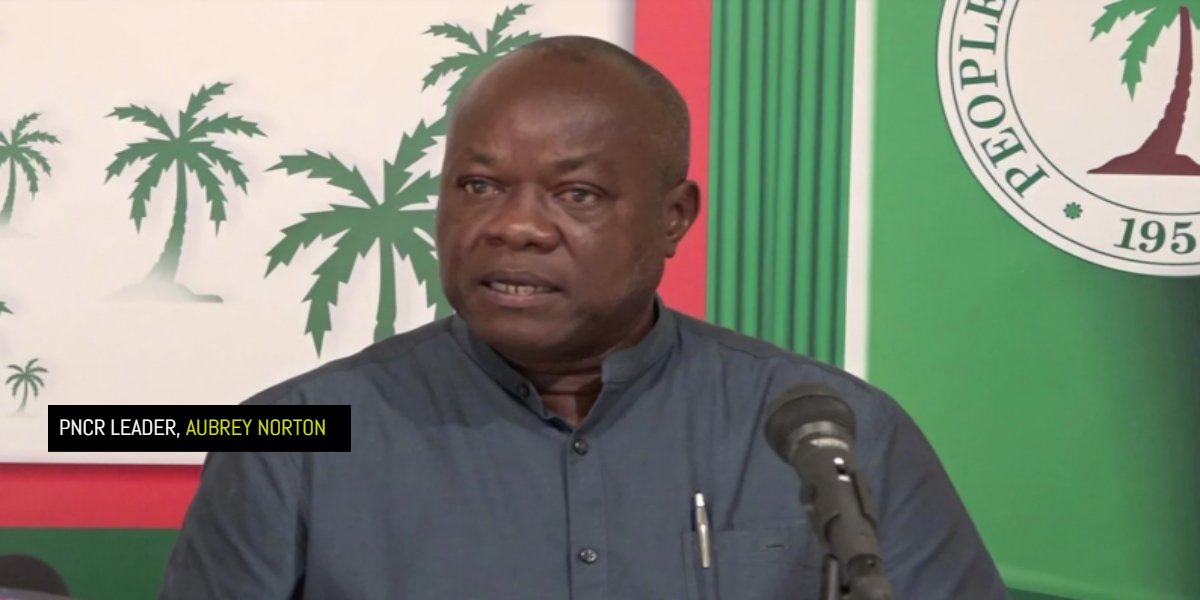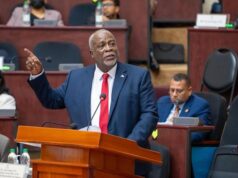The US State Department has recently issued a report that underscored a critical issue within Guyana’s governance—the absence of significant compliance programs to detect bribery of government officials. Despite the enactment of relevant laws, the mechanisms in place are deemed insufficient for effective oversight and enforcement.
According to the State Department, Guyana’s legal framework includes the Integrity Commission Act, State Assets Recovery Act, and the Audit Act, all of which provide criminal penalties for corrupt practices by public officials. The Integrity Commission, reconstituted in 2022, is tasked with collecting asset declarations from public officials. However, the State Department notesd that its powers are limited to merely flagging irregularities for other authorities to investigate, lacking the mandate to conduct investigations on its own.
The State Department also highlighted that the Integrity Commission’s inability to investigate suspected irregularities, complaints, or issues significantly hampers anti-corruption efforts. Although public officials are required to disclose their assets to the Commission before assuming office—a requirement established by legislation passed in 1997—this measure has not effectively deterred corruption due to the Commission’s restricted capabilities. The entity can only refer suspicious declarations to other authorities, which often results in delayed or insufficient follow-up actions.
The report pointed out that several media outlets have reported extensively on government corruption over the years, reflecting the significant public concern surrounding this issue. Civil society organizations and the media have consistently criticized the government’s sluggish approach to prosecuting corruption cases. But, with this ongoing scrutiny, it is imperative to have robust mechanisms to ensure transparency and accountability within Guyana’s public sector.
According to the State Department, Guyana’s business environment is characterized by an informal market where personal connections and trust play crucial roles. This dynamic often leads to conflicts of interest, particularly as many public servants engage in second jobs within the private sector. These dual roles can undermine impartiality and create opportunities for corrupt practices. Firms considering investment in Guyana are therefore advised to conduct thorough due diligence to navigate these complexities effectively.
In its report, the State Department also referenced the 2021 Auditor General’s report, which highlighted significant concerns regarding public procurement practices. The report cited numerous instances of procedural disregard, rule violations, and legal breaches. Issues such as overpayments of contracts and procurement breaches were prevalent, signaling deep-rooted inefficiencies and potential corruption within the awarding of contracts.
Despite these challenges, the department noted some improvements. The government has awarded oversight contracts for major infrastructure projects, indicating a move towards better governance practices. However, these efforts are often overshadowed by the broader systemic issues that continue to plague the public procurement process it said.
Furthermore, the report indicates that Guyana’s standing in the international arena regarding corruption perceptions remains middling. According to Transparency International’s 2023 Corruption Perceptions Index (CPI), Guyana scored 40 out of 100, where 0 indicates “highly corrupt” and 100 signifies “very clean.” This score places Guyana 87th out of 180 countries, reflecting persistent concerns about corruption despite ongoing efforts to improve.
It said that Guyana has ratified major international corruption instruments, including the United Nations Convention Against Corruption, signaling its commitment to global anti-corruption standards. However, the implementation of these commitments within the local context remains a significant challenge. The gap between international obligations and domestic enforcement highlights the need for more effective compliance programs and investigative capabilities.
To combat all these issues, the department said Guyana must bolster its anti-corruption infrastructure. While existing laws and international commitments provide a solid foundation, the lack of robust compliance programs and investigative powers for bodies like the Integrity Commission limits their effectiveness.
In the mean time, it advised foreign companies in Guyana looking to do business to engage with watchdog organizations like Transparency International to navigate the business environment.













